Bookshop Days—A Surprising Offer and an Unexpected Storm
Chapter 32: Puerto Morelos—A place of muses, mystics, goddesses and healers
Hola Amigos! Life gains rhythm as we settle into the bookseller persona, meet people, and carry on at the shop. By the time spring approaches we’ve gained our sea legs and I’m asked to write a column for a Mexico City website. Thus my re-entry into the writing world. On another note, two of my articles were accepted by The Society of History Writers, both on Maya Warrior Queens, Parts 1 and 2. The links here if you want to to read. And lastly, if you’re just joining me in my bookshop journey, earlier chapters can be found in menu at top under Where the Sky is Born.
In a town of healers, gurus, masseuses, yoga devotees, time travelers, aura readers, goddesses and jungle journeyers, we’d created a niche. Who had any idea our little town would become so avant garde? We were the Marin County of Mexico—a place where artists and writers came to find their muse, their groove, to rest and relax.
Although we’d brought a number of metaphysical books for Alma Libre Libros the first year, inventory was dwindling. There was no doubt the genre would continue to be popular. Also favored were sections on Science Fiction and Eastern Religions. Standard reading genres—Fiction, Mystery, Spy-Adventure—replenished themselves with our Buy-Sell-Trade program. Customers read these by the armload and it was easy to keep shelves well-stocked. In fact, at times our shelves were so over-flowing with famous authors, I had to turn away trade-ins on many a blockbuster best seller.
What made Alma Libre unique was our ability to seek out eclectic reading material. Once I focused on a specialty area, it seemed the books found me. I never went to a garage sale where I didn’t find at least one book on spirituality, metaphysics or a little known classic just waiting to find a home on our shelves.
Sorry, you’re from where?
Towards the end of our first season a customer told me our bookstore was one of the best he had ever seen.
“May I ask where you’re from?” I said politely as I looked up from a packing list I just received from our Mexico City distributors. I expected him to say Dubuque, Iowa, or Fargo, North Dakota.
“New York City,” he said, an earnest look on his face.
“Thank you,” I responded demurely, “But I know you can’t be serious. I mean, we’re a little bookshop in the Yucatán, and although you can find Nietzsche and Kant in our Philosophy section and Virginia Woolf and James Joyce in Classics, I’m certain you have more incredible bookstores in New York.”
“That used to be true,” he said, his tone serious. “But a lot of the small independent shops can’t afford the high rents and they’re going out of business. Plus, the big power houses like Barnes & Noble are killing them off.”
I chewed on the end of my pencil and thought about that for a second.
Independents losing stature
“Goodness, that’s terrible news. I like the part about being a great bookstore and all, but it’s alarming to hear New York is losing its base of small independents. That’s one of the things the city is known for.”
“They tell me bookstore owners aren’t the world’s best business people,” he continued. “Maybe you know if that’s true. Someone told me they’re always looking at books but not for accounting purposes.”
“Well, that’s probably a bit true,” I concurred. “ I think most, like me, are in it for the love of books. Money isn’t usually the bottom line when you own a bookstore.”
After compliments like this, it accelerated our quest for high-quality recycled books. Obviously they came from everywhere and our efforts were appreciated. Another customer compared us to Shakespeare & Company in Paris, the store that lent money to Ernest Hemingway in the 1920s and published James Joyce. Absurd, definitely, but another comment that propelled us to always do better. I did manage to go to Shakespeare and Company, just across the Seine from Notre Dame Cathedral on Paris’ Left Bank, and had the pleasure of meeting the owner, ninety-year old George Whitman.
After talking to Whitman and reading a short history he gave me of his famous bookshop, I realize it was he who had inspired author Michel Peissel of Lost World of Quintana Roo fame.
Peissel, a Frenchman, had frequented Whitman’s Paris bookstore as a student, and according to Whitman’s The Rag and Bones Shop of the Heart, it sounded like the books Peissel read there motivated him to become an explorer. After meeting Whitman I assumed he had regaled a young Peissel with stories of Quintana Roo, the same stories he’d told Paul and me after learning we were from Quintana Roo.
Whitman walked part of the Yucatán himself years earlier, he said, before being detained by Mexican authorities for lack of proper immigration papers. Without Whitman’s influence, would Peissel have ventured to Quintana Roo, I wondered. Strange how certain incidents shape one’s life.
Just before the shop closed at Easter after Semana Santa, we received a visit from a publisher for a Mexico-Latin American website. Ron Mader lived in Mexico City at that time and from there worked his site, www.planeta.com. When he walked into our bookstore, he was surprised.
“This is unreal,” he said as he entered. “What a great bookstore! I’d heard you were big, but this goes far beyond what I expected.”
We were getting used to the accolades, but still, we hadn't let it go to our heads. The store was a conversation piece all right, and we were as anxious to talk about it as though it was our firstborn.
After an informal chat, Ron asked if I would write a short article about the store telling how we’d come to Puerto Morels, shipped books down, applied for green cards, the entire saga. He would post it on his website. (My first post for Ron was titled “Gringo Madness.”)
“This will be good advertising,” he said, although I was well aware of that. “I received close to 600,000 hits a month. People are interested in Mexico.”
“I wrote for a California newspaper,” I told him, “so it wouldn’t be difficult to write a few articles for you.”
“How do you keep your books in such good shape?” he asked as his eyes wandered to our shelves stacked with books.
“When we were in San Francisco,” Paul answered, “I talked to the manager of Green Apple Books. The guy was friendly and willing to share information. He told me that book paper should never be too dry or the spines will crack, and if it’s too humid, the dampness will affect their condition. The perfect humidity for books is similar to the average humidity you’d find in San Francisco, somewhere between 50 and 60 percent.
“In order to achieve that in Mexico, we had to find a dehumidifier,” Paul continued, “and that wasn't easy. Everyone wanted to sell us an air conditioner. We finally found the only dehumidifier in Cancun. We turn it on when we close shop every night. You can see the results. These books have been here for seven months and the pages are still crisp.”
He demonstrated by picking up a book and rifling through it, with the pages snapping back into position like a soldier on a drill team.
On preparing for our return to the States, we organized a pick list of new books we planned to buy from one of the large US distributors and made plans to stop in Santa Fe, where we would see a friend and then shop our way through the southwest. We’d also hit garage sales and thrift shops in California, storing books we bought at my brother’s.
As fall approached, we prepared for our return to Mexico. We packed and palletized our cache of books in San Franciso for USF Reddaway. They would freight them to Hybur, our consolidator in Miami. Our new book order would ship from Memphis to Miami. Hybur would wait until all shipments arrived and place them on a ship bound for Puerto Morelos.
After all this preparation, then a long tedious drive, we arrived in Mexico. We’d promised ourselves we’ find a new customs broker after our meltdown with Antonio the year before. We picked a mother-daughter team, right from Puerto Morelos, who worked in tandem with us and cleared customs in an unprecedented two week timeframe, with very little tariff costs. No stress and complete success.
Once books arrived, we began alphabetizing them. Since we’d brought so many we found it necessary to move our front counter into the porched in palapa area to expand for additional room inside the store.
In mid-October we were surprised by a hurricane named Mitch. Hurricanes normally occur in a pattern. Florida takes hits in early August, then the Caribbean waters heat up, and our area attracts storms mid-September. Hurricane Gilberto, that had decimated Puerto Morelos and Cancun in 1988, hit on September 16.
When Mitch appeared as a blip on The Weather Channel’s computer screen in late October, everyone was shocked and dismayed. We all thought we’d been given a reprieve, then this late bloomer appeared.
We’d just installed internet service at home after a month-long parlay with a Cancun provider. We checked The Weather Channel that night around 3 a.m. and were shocked to discover Mitch had emerged as a class five storm, heading directly for Cancun. It was packing two hundred mile per hour winds and it was still a couple days away.
The next morning we got to the store early. Our main purpose was to prepare the store in as water tight a method as possible. After using every tarp we could find, we locked up and drove into Cancun to buy plywood to cover the windows. We were the first customers at the building supply outlet, bought our lumber and left quickly.
Back at the store, we finished tarping all the books and picked up anything lying on the floor, as water would surely leak in somewhere if the storm hit. We made an agreement that if we escaped Mitch, we’d have custom made hurricane shutters manufactured at a friend’s fiberglass shop the following year.
The storm, with winds still at two hundred miles per hour, stalled out over Honduras for four days. Mitch devastated that poor country. The stories that surfaced about the storm’s severity were heart wrenching. But little can be done when Mother Nature comes to call—in the form of a hurricane.
In 1998, we were fortunate. But living in hurricane country, would our luck always hold?
And if you’re interested in supporting independent journalism and writing, please consider a paid subscription to Mexico Soul. This is a free newsletter. I don’t paywall any of my posts, but you can choose to pay if you like what I deliver. It would mean the world to me and will keep you up to date on my posts and chapters from Where the Sky is Born—how we bought land and built a house in a small fishing village on the Mexico Caribbean coast. Not to mention a bookstore, too! All for $5/monthly or $50 per year.
If you enjoyed this article, please remember to hit the heart button to like it.
MY BACKSTORY—Puerto Morelos sits 100 miles from four major pyramid sites: Chichen Itza, Coba, Tulum and Ek Balam. Living in close proximity to this Maya wonderland made it easy to pyramid hop on our days off from Alma Libre Libros, the bookstore we founded in 1997. Owning a bookstore made it easy to order every possible book I could find on the Maya and their culture, the pyramids and the archeologists who dug at these sites and the scholars who wrote about them. I became a self-taught Mayaphile and eventually website publishers, Mexican newspapers and magazines, even guidebooks asked me to write for them about the Maya and Mexico. I’m still enthralled by the culture and history and glad there’s always new news emerging for me to report on right here on Mexico Soul.




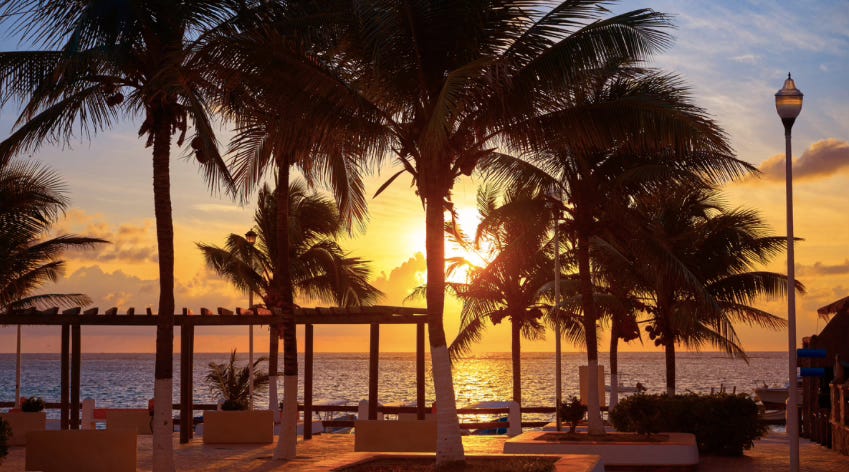

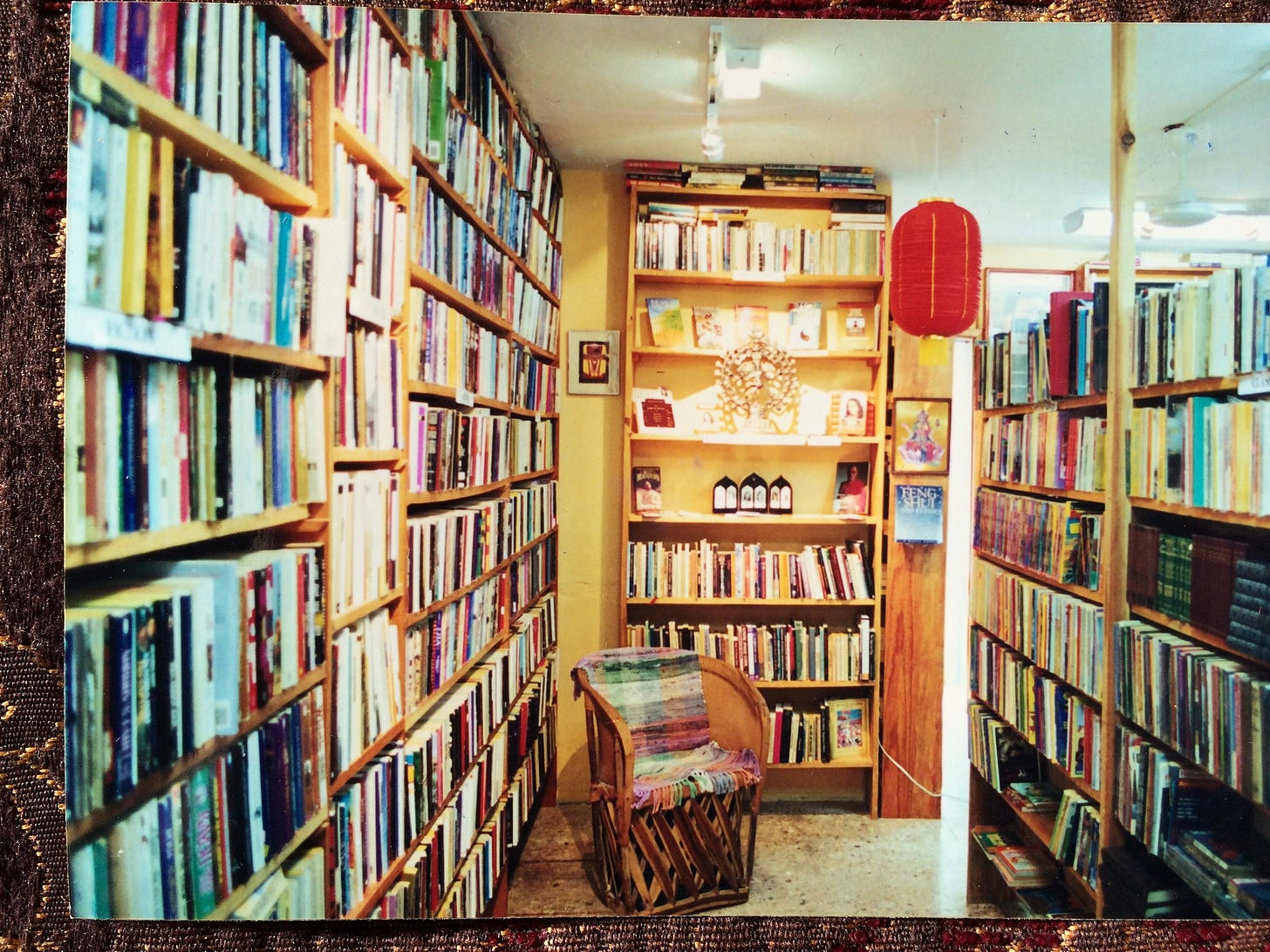
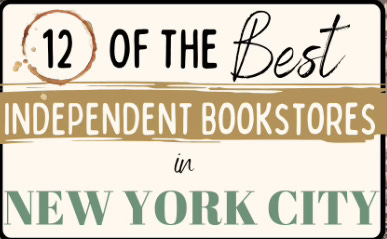


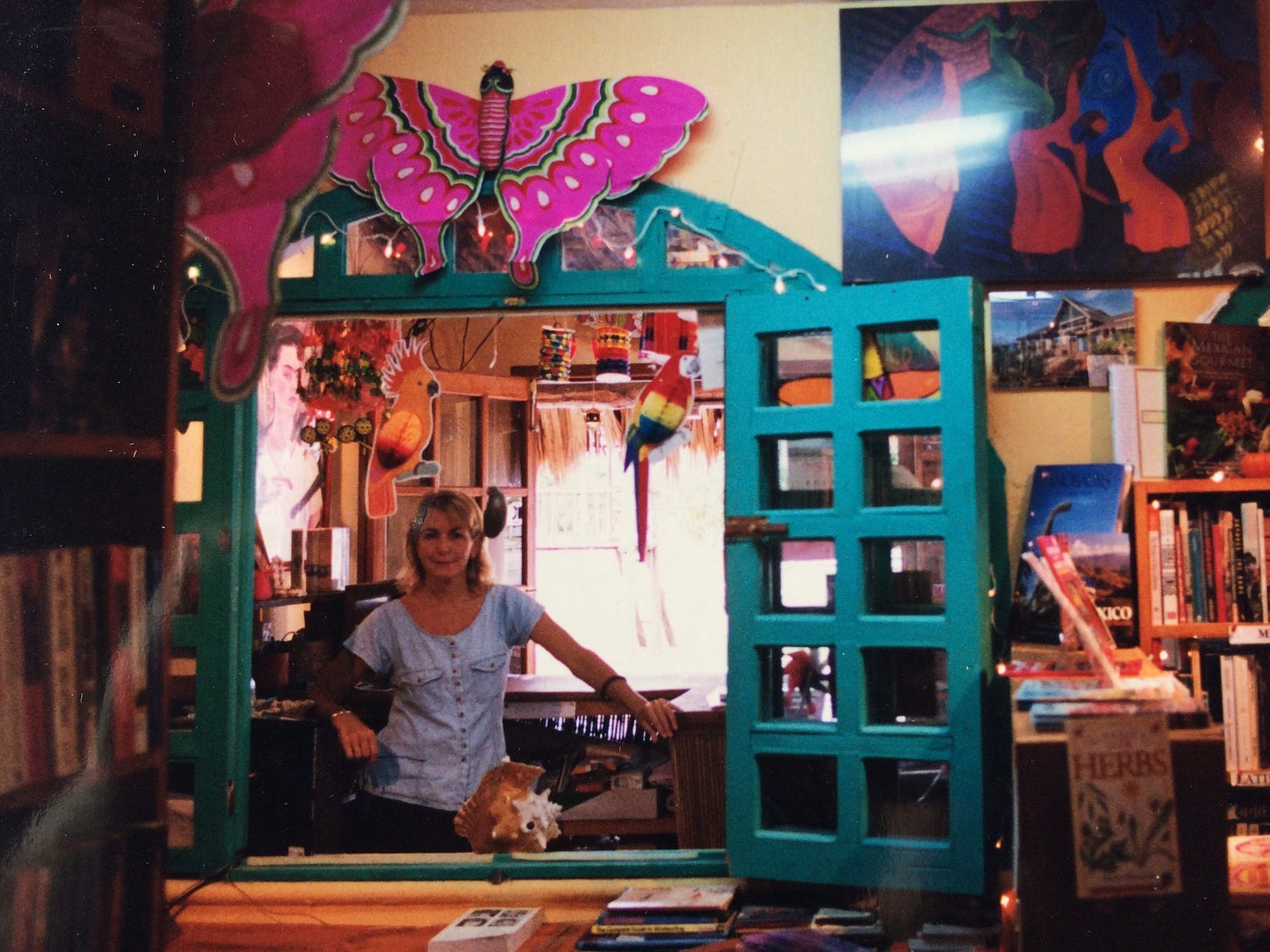
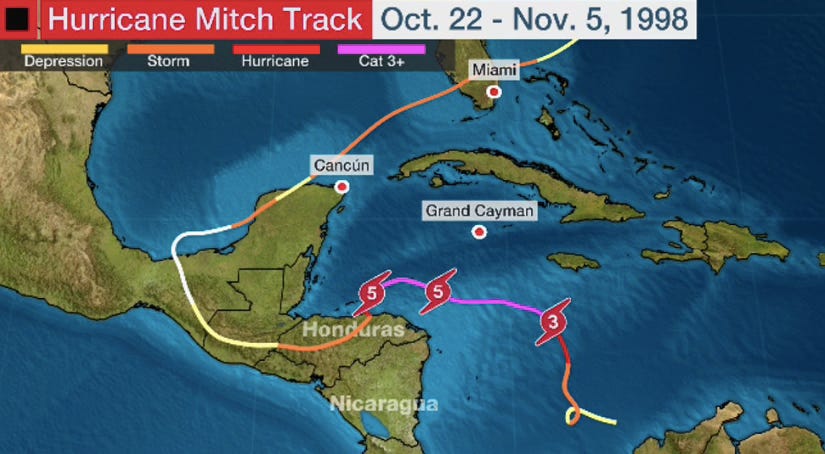
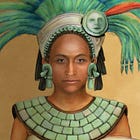


It is always such a treat to read another exciting chapter in your bookstore in the jungle tale each week... So busy here so I saved this week's post to read this morning in bed. Perfect!
I love every single detail in this piece! You took us through your love and care for books and book people directly, beautifully, unflinchingly. Beautiful photos, too.